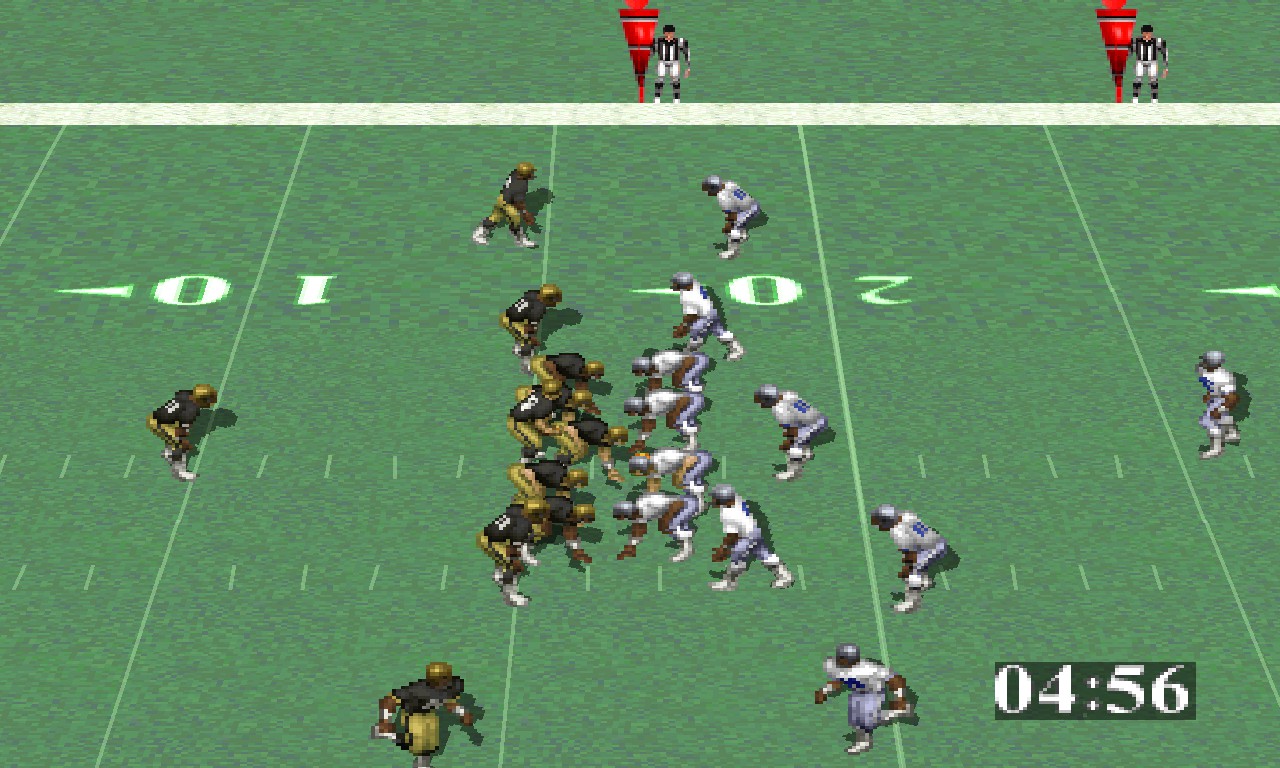


He was also responsible for institutional research on the evaluation of both courses and programmes of study at the Open University. His main research interests were concerned with the relationship between students’ perceptions of their courses of study in higher education and the approaches to studying that they adopt on those courses. He taught and researched in psychology at Brunel University from 1975 to 2001, when he moved to the Open University to take up a new chair in student learning and assessment in the Institute of Educational Technology. Richardson is emeritus professor in student learning at the UK Open University. Indeed, the book can be read with benefit by anyone concerned with communicating with others through written text, whether it is printed on paper or displayed on computer screens. The book’s main focus is on the psychology of reading, but there are clear implications for education and publishing. The book investigates the difference in the legibility of serif typefaces and sans serif typefaces when they are used to produce printed material or when they are used to present material on computer monitors or other screens and it explores the differences in readers’ preferences among typefaces. It also examines recent research on the legibility of serif and sans serif typefaces when used with internet browsers, smartphones and other hand-held devices. It describes the origins of serif and sans serif styles in ancient inscriptions, their adoption in modern printing techniques, and their legibility in different situations and in different populations of readers. Continued abuse of our services will cause your IP address to be blocked indefinitely.This open access book provides a detailed and up-to-date account of the relevant literature on the legibility of different kinds of typefaces, which goes back over 140 years in the case of reading from paper and more than 50 years in the case of reading from screens. Please fill out the CAPTCHA below and then click the button to indicate that you agree to these terms. If you wish to be unblocked, you must agree that you will take immediate steps to rectify this issue.

If you do not understand what is causing this behavior, please contact us here. If you promise to stop (by clicking the Agree button below), we'll unblock your connection for now, but we will immediately re-block it if we detect additional bad behavior. Overusing our search engine with a very large number of searches in a very short amount of time.Using a badly configured (or badly written) browser add-on for blocking content.Running a "scraper" or "downloader" program that either does not identify itself or uses fake headers to elude detection.Using a script or add-on that scans GameFAQs for box and screen images (such as an emulator front-end), while overloading our search engine.There is no official GameFAQs app, and we do not support nor have any contact with the makers of these unofficial apps. Continued use of these apps may cause your IP to be blocked indefinitely. This triggers our anti-spambot measures, which are designed to stop automated systems from flooding the site with traffic. Some unofficial phone apps appear to be using GameFAQs as a back-end, but they do not behave like a real web browser does.Using GameFAQs regularly with these browsers can cause temporary and even permanent IP blocks due to these additional requests. If you are using Maxthon or Brave as a browser, or have installed the Ghostery add-on, you should know that these programs send extra traffic to our servers for every page on the site that you browse.The most common causes of this issue are: Your IP address has been temporarily blocked due to a large number of HTTP requests.


 0 kommentar(er)
0 kommentar(er)
